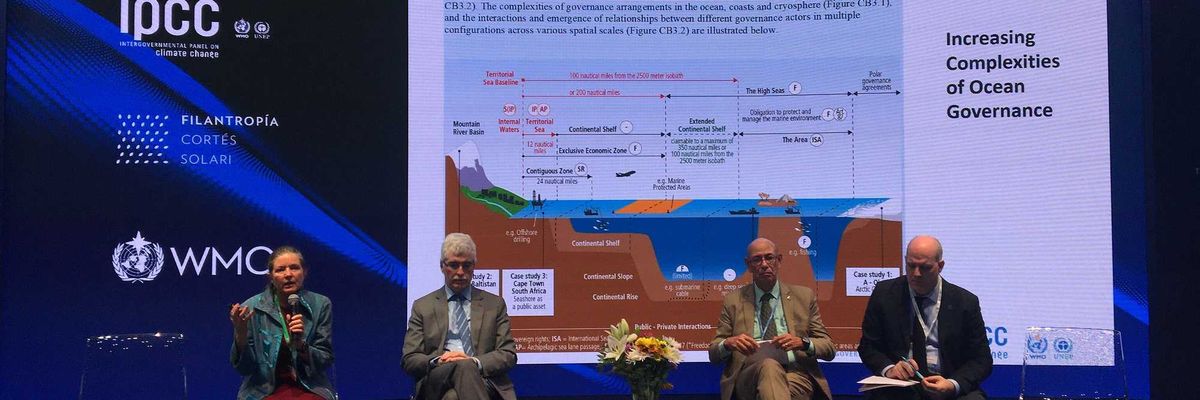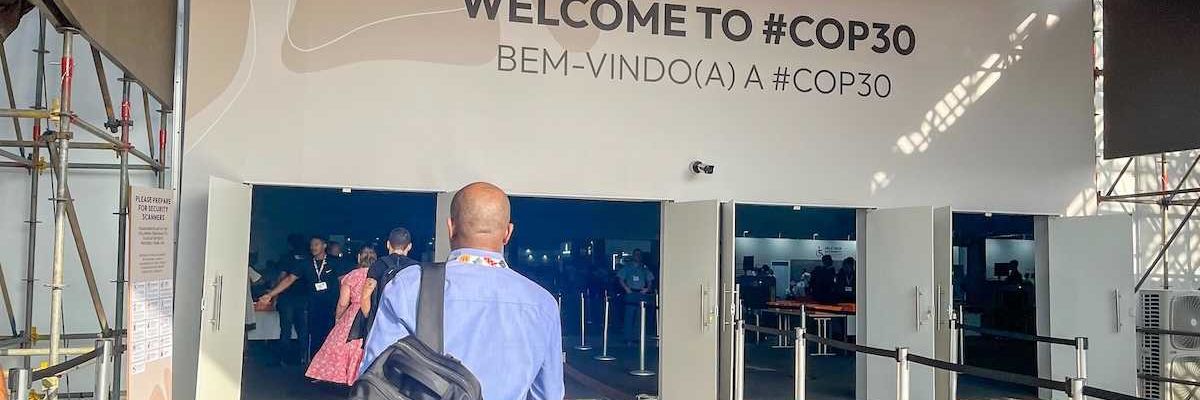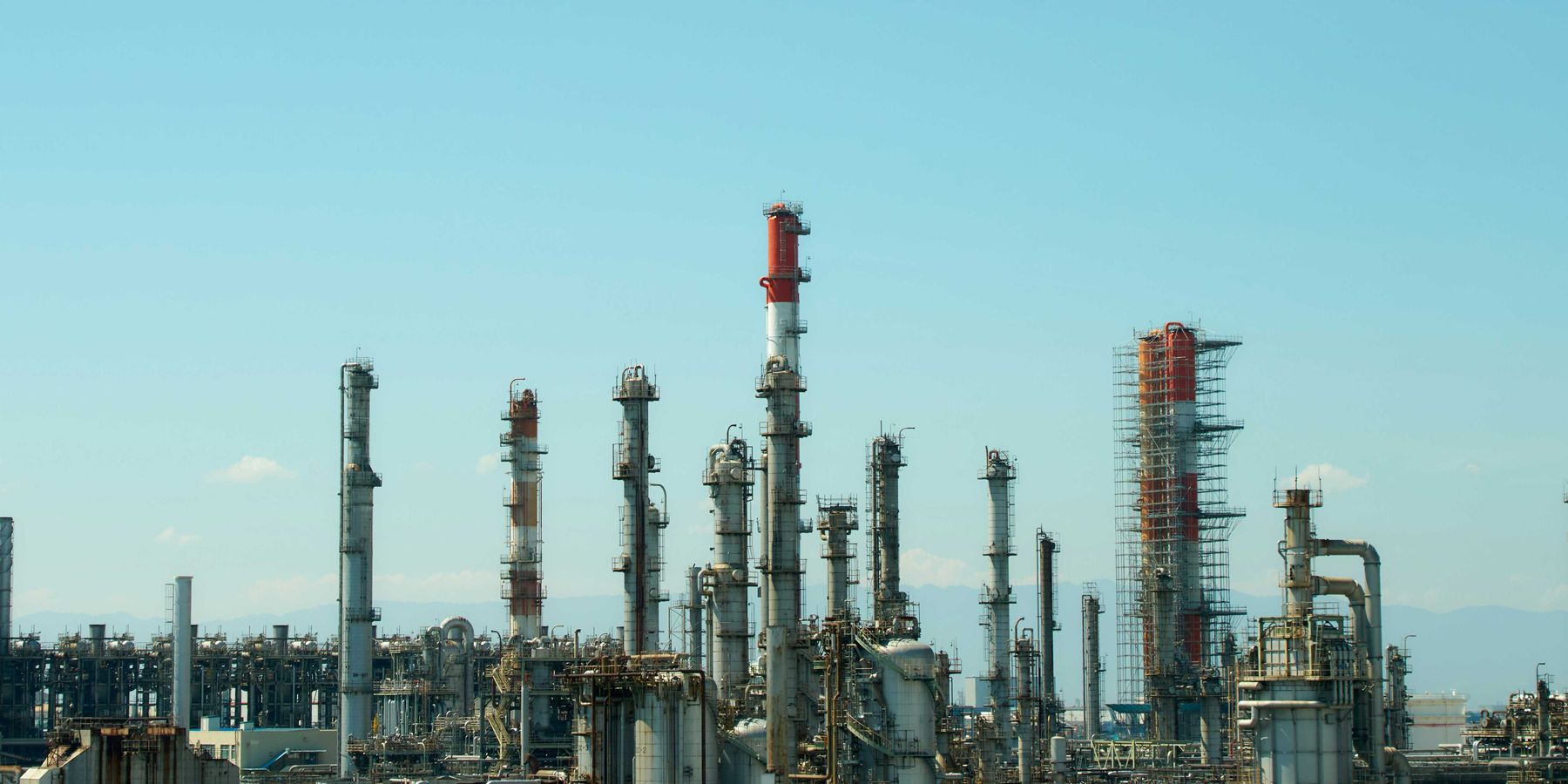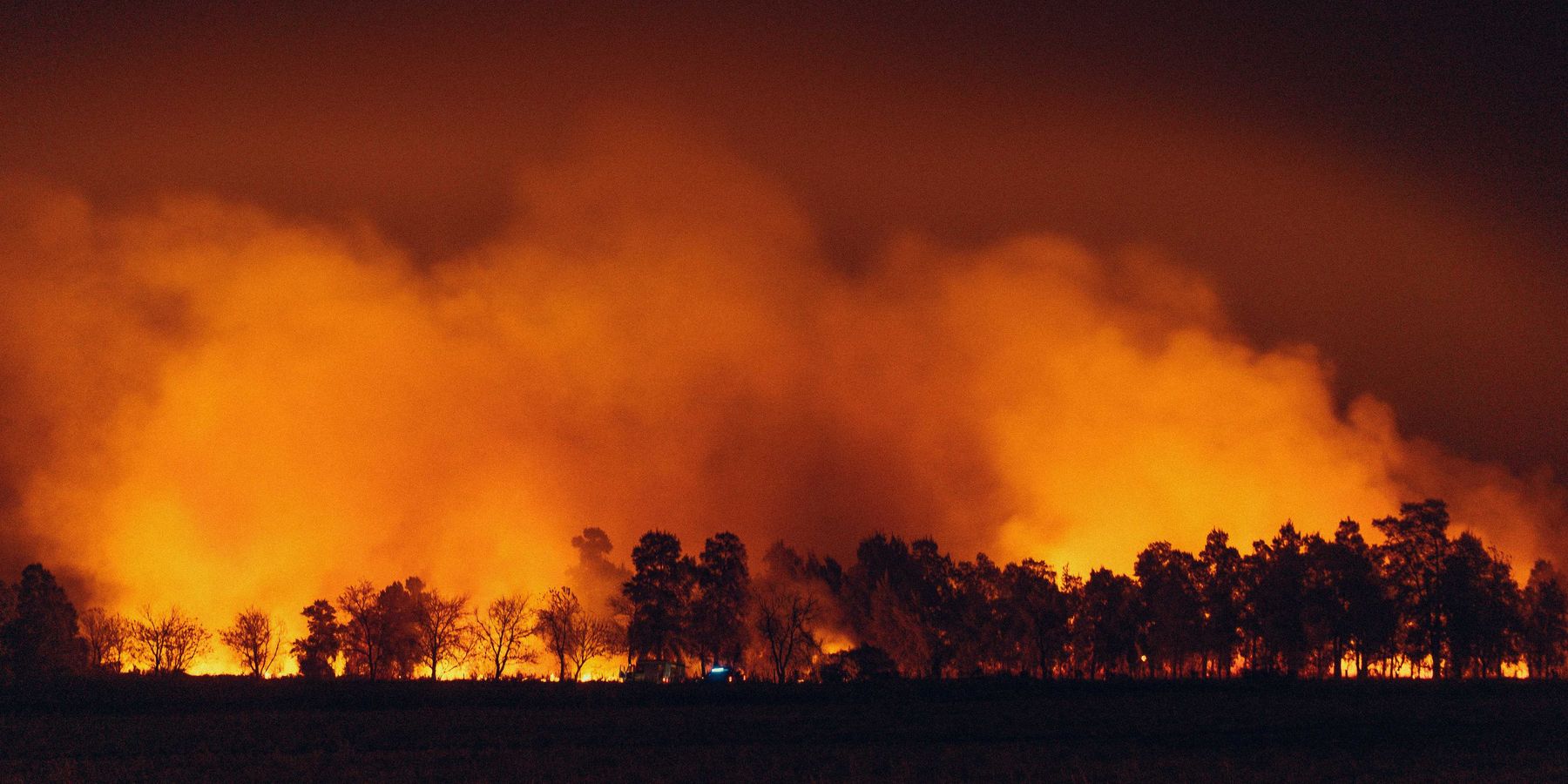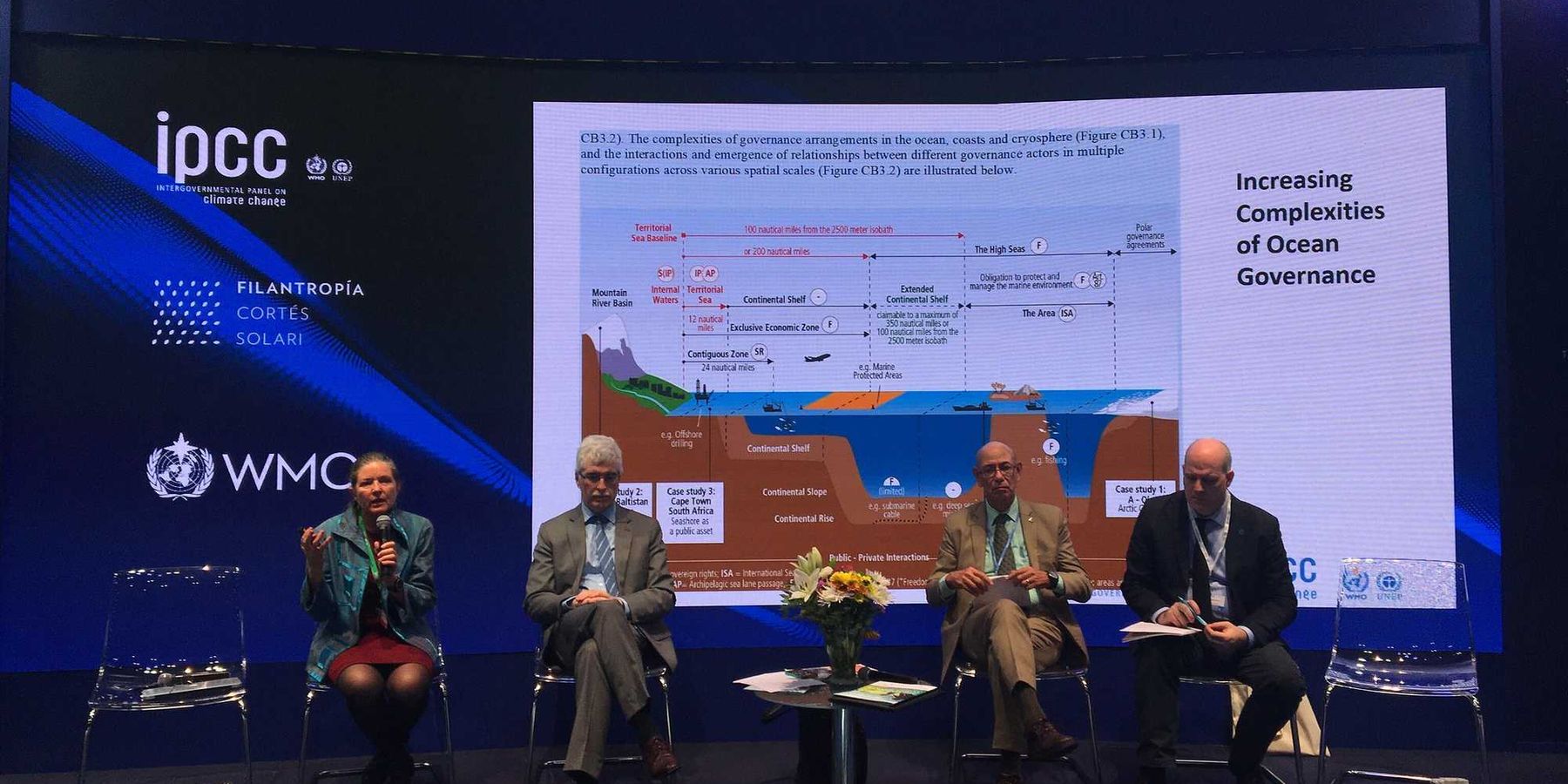petrochemical plants
A new climate gamble endangers Louisiana's Cancer Alley
Despite community fears, corporations push controversial carbon capture solutions in Louisiana's heavily polluted Cancer Alley, raising concerns over health and environmental impacts.
In short:
- St Rose, a predominantly Black community in Louisiana's Cancer Alley, faces a new threat from a proposed ammonia and hydrogen plant.
- The plant claims to reduce emissions by capturing and storing carbon dioxide, but experts argue the process is inefficient and dangerous.
- Residents are worried about increased pollution and health risks, while the project is promoted as a clean energy initiative.
Key quote:
“The best any plant has done for net CO2 capture is 25% to 30%, and that’s before the very potent methane [leaks]. The 90% capture rate the industry claims is pure nonsense."
— Robert Howarth, professor of ecology and environmental biology at Cornell University
Why this matters:
Louisiana's 'Cancer Alley' is bracing for impact as corporations and politicians tout carbon capture as the next big climate fix. But while the petrostate's movers and shakers see dollar signs, residents are left wondering if this 'green' initiative is just a smokescreen for more dirty business. Read more: 30 environmental advocacy groups ask PA governor to veto carbon capture bill.
Babies born in Louisiana’s ‘Cancer Alley’ record lower birth weight, preterm births – report
New report shows babies born in notorious industrial corridor experience low birth weight at three times the national average.
A Louisiana court just revived plans for the country’s biggest plastics plant
The missing equations at ExxonMobil’s advanced recycling operation
The petrochemical giant promotes its new Baytown facility near Houston as a model for solving the world’s glut of used plastic. But Exxon Mobil won’t say how much goes into making new plastic—or ends up burned as climate-warming fuel.
Texas quietly moves to formalize acceptable cancer risk from industrial air pollution. Public health officials say it’s not strict enough.
Without public hearings, the Texas Commission on Environmental Quality is proposing to adopt its 17-year-old standard that scientists and public health officials say fails to account for cumulative air pollution.
Mia DiFelice, Robin Lesko: New Pennsylvania Shell plant brings pollution and plastic. We’re fighting back.
Shell’s plant is spewing air pollution and blowing past permit limits in Western Pennsylvania, so we're pushing to hold it accountable.

